

Information for Patients
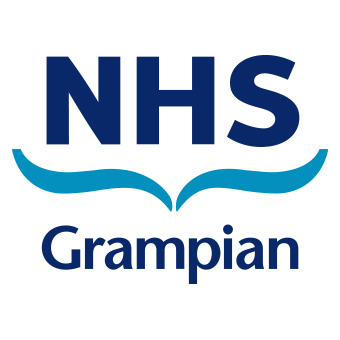
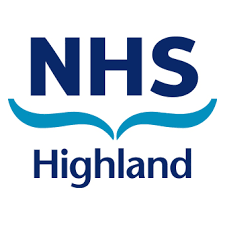
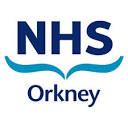
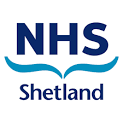
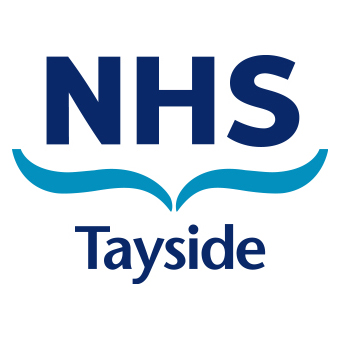
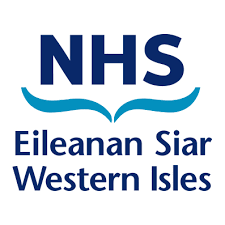
Information for Patients
General information on cancer, the treatment journey and where to turn to for additional support.
There is a range of support available to cancer patients in the North provided by many local charities including emotional counselling, financial advice, transport and much more. Your clinical nurse specialist may have advice on who to speak to for further help. Furthermore, the following website provides details to help support patients get the support they need in the North of Scotland - www.cancersupportnorthscotland.co.uk
Cancer Services in the North of Scotland
Cancer is a complex disease and its treatment often requires a range of specialised care. In the North of Scotland, there are three main cancer centres in Aberdeen, Dundee and Inverness with a range of ancillary services provided across the six Boards that make-up the North Cancer Alliance.
Patients who are concerned with their health should arrange an appointment with a GP. In an emergency where symptoms are severe, you can attend an Accident & Emergency centre for help. For more information on symptoms of cancer and seeking medical advice, please use the NHS Inform website.
GPs may undertake a physical examination and ask questions about your history and general health. They may also arrange for blood tests or X-rays. Depending on the results of these investigations, they may refer you to hospital for further diagnostic testing, and depending upon the urgency, this may happen quickly. Patients may also be informed of suspected cancer through screening programmes, such as for breast, colorectal or cervical cancer.
The type of tests carried out in hospital vary depending upon the suspected type of cancer but common diagnostic methods include computer imagery including CT and MRI scans, blood tests and the use of cameras to examine inside the body. Samples may also be taken for analysis using a procedure called a biopsy.
Results from tests will be discussed by a Multi-Disciplinary Team (MDT) consisting of consultants, nurses, radiographers, oncologists and other health professionals. After examining all the results of the tests, a diagnosis will be made about the cancer. Further tests may measure the extent of the cancer under a process known as Staging. This may happen before treatment begins or as part of your treatment plan, and often depends on the type of cancer.
In determining treatment options, your MDT will discuss your details and outline courses of action. You will be consulted in deciding your course of treatment and monitoring of the cancer. There may also be the option to get involved in clinical trials, which are essential to testing new treatments and may be available in your local area. You can ask your consultant for more information on the availability of trials and your suitability for taking part.
You will be given information on the intent of treatment, possible side effects and follow-up care. You are always able to have a relative or friend with you during consultations to help you understand your options.
Cancer treatments are improving all the time but are too numerous to list here, but may include the following either on their own or in combination:
- Surgery with curative intent (removing the cancerous tumour)
- Surgery to ease symptoms
- Radiotherapy - use of radio waves to kill cancer cells
- Chemotherapy - use of chemicals to kill cancer cells
- And more per specific tumour-group
Further information will be available from your consultants and health care professionals.
